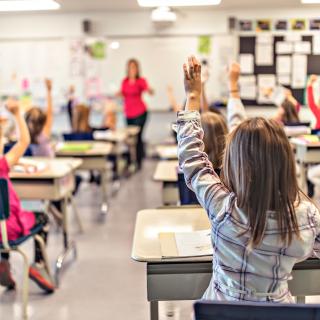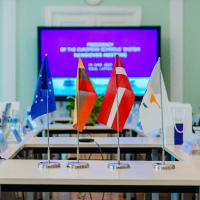Slovakia: Reform of the national curriculum for primary and lower secondary education

In May 2023, the Ministry of Education, Science, Research and Sport of the Slovak Republic approved a new State Educational Programme for Primary and Lower Secondary Education (Štátny vzdelávací program (ŠVP) pre primárne a nižšie sekundárne vzdelávanie). The changes are a part of the curriculum reform which focuses on meeting the educational needs of the 21st century − critical thinking, digital skills, and soft skills.
From September 2023, a first batch of 40 primary schools will start teaching first-year pupils based on the new curriculum. Eventually, all primary schools will have to switch to the new state educational programme, from the 2026-27 school year.
The state educational programme that has recently been approved introduces specific education targets, school leaver profiles, and framework educational plans. The performance and content standards define what pupils should know at the end of each education cycle, that is, after their third, fifth, and ninth year of primary school. There are no changes with respect to the organisational sub-divisions of education in primary schools (providing education at ISCED level 1 and ISCED level 24). These remain divided into two levels and nine years. The requirements defined in the standards will serve as the basis for the content of new textbooks, national testing, and – in particular – school educational programmes.
Compared to the current educational standards, more emphasis is being put on the description of what pupils can do. Now it will not be sufficient for pupils to prove their knowledge on a tested subject matter, in order to achieve good results. It will be important for children to be able to work their way to information and to use it practically.
The preparation of this curricular reform was a difficult, long-term process, which prioritised the participation of the public and an open approach. More than 300 experts worked on the creation of key documents, including teachers from schools with children from disadvantaged environments and teachers from schools for gifted children. These documents went through three different rounds of public consultations, which involved teachers and parents. A Pupil Advisory Committee was also created, to contribute proposals and new ideas.
The introduction of the curricular reform will be gradual. Based on the feedback from teachers working in schools where the reform will be implemented immediately, methodological materials will be created, which will serve as support for other primary schools.
Source: Eurydice Unit Slovakia
Picture credits: Adobe Stock #301245840




